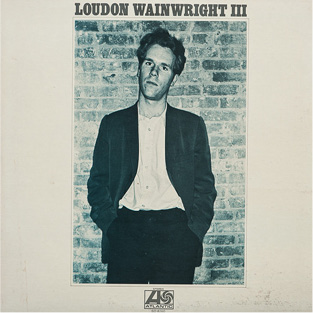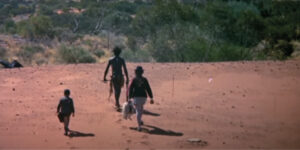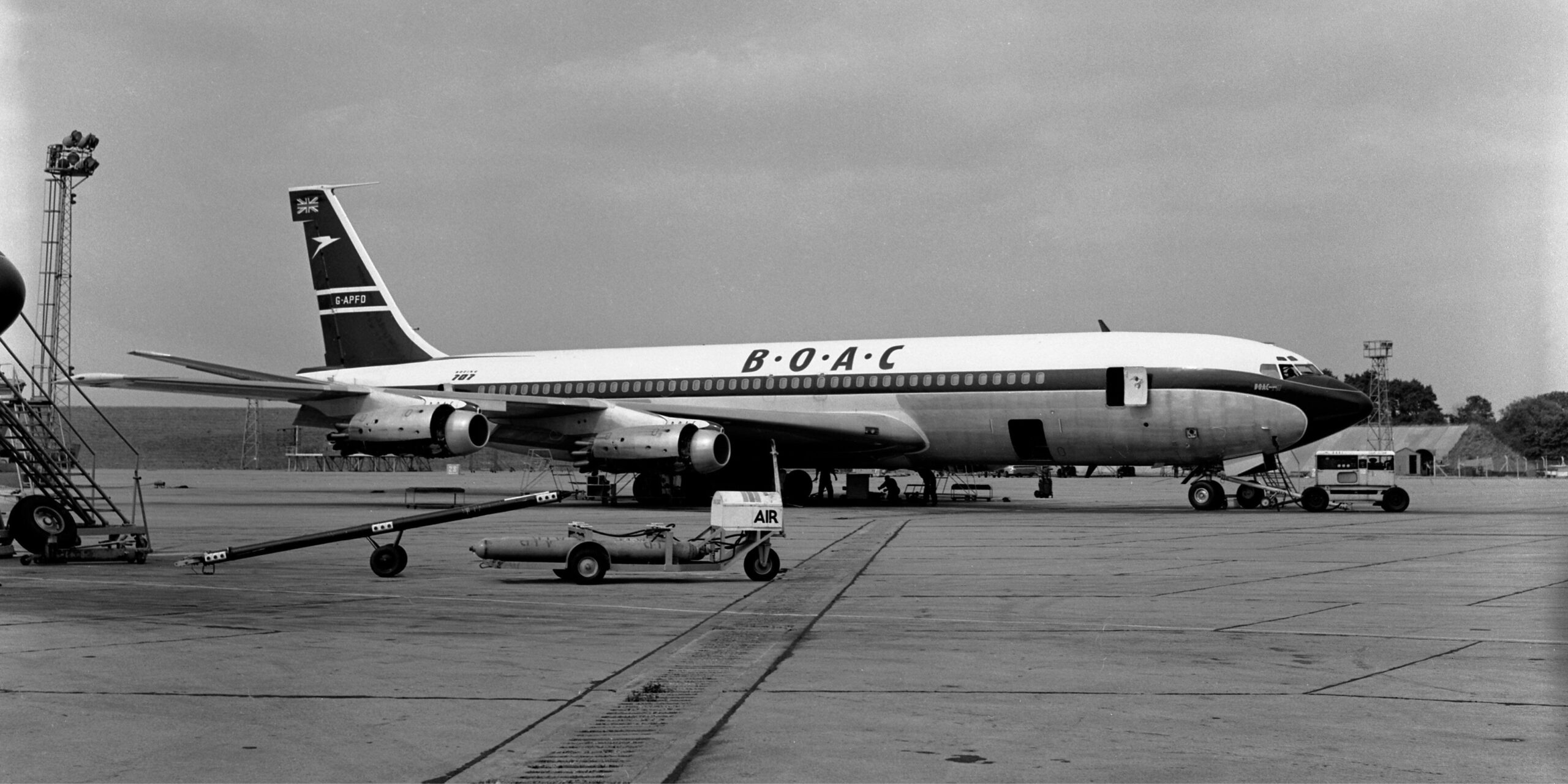Stuck on an airport runway, central Europe, 1971
Peter Frings
22 August 2022
I just bought Loudon Wainwright’s latest album, Lifetime Achievement, and it occurred to me that I had been listening to him – pretty much everything he’s ever released – for over 50 years. His first record, Loudon Wainwright III, came out in early 1970 – but I didn’t discover him until Christmas 1971, when I was 15.
I was on a plane, flying back from Bahrain – where my parents worked as ex-pats – to boarding school in England. In-flight entertainment had just come in. I think there were 4 playlists of music and 1 film. One of the playlists was ‘contemporary’, the others were ‘classical’, ‘easy listening’ and ‘country’, I think.
First up on the ‘contemporary’ playlist was Loudon’s song ‘School Days’. (I don’t remember any of the other tracks except that they were pop chart – but T Rex, Slade, Gilbert O’Sullivan were in the charts around then… Maybe someone at British Airways had been listening to John Peel, who was an early champion of Loudon?).
 I still think it’s a great song – have a listen to the original version. Packed with teenage angst, it caught me at an impressionable age. I wanted to hear it again… but no shuffle feature in those days. So I went round in a loop and listened to it 2 or 3 times.
I still think it’s a great song – have a listen to the original version. Packed with teenage angst, it caught me at an impressionable age. I wanted to hear it again… but no shuffle feature in those days. So I went round in a loop and listened to it 2 or 3 times.
Then the film came on, which was Nicolas Roeg’s Walkabout. If you haven’t seen it, it’s a story about a white teenage girl and her younger brother abandoned in the outback after their father commits suicide. They are discovered by a young Aboriginal boy. Their experiences together are a powerful contrast between two different ways of seeing the world. It also touches on people being unable to communicate, and adolescent sexual discovery. The final scene is very poignant. The girl, now an adult, prepares dinner for her husband. While the husband tells her about his day in the office she remembers a time when she and her brother were playing with the Aboriginal boy, swimming naked in a billabong. The final shot lingers on a cigarette burning in an ashtray.
The film is a masterpiece – and it was the first time I realised that other cultures had a very different view of the natural world. That the earth wasn’t just a resource to be exploited; that other societies didn’t see themselves as separate from nature.
Then we made an unscheduled stop at an airport somewhere in central Europe. It was a mechanical problem, but for some reason we had to stay on the plane. So I listened to Loudon a couple more times. After an hour, people were getting restless – so they put Walkabout on again.
I was even more transfixed. Not only because you often appreciate great films more on a second viewing, but also because of the circumstances in which I was watching it. The contrast between the sometimes hypnotic and dream-like scenes in the outback, and being stuck in a plane on an airport runway, amplified the power of the film.
School Days said it was OK to explore and experiment and rage against adult society. Walkabout made me think about how we live on earth and our relationship with the natural world.
A couple of years later, I started reading some of the books that sowed the seeds of the green movement – Blueprint for Survival, Limits to Growth, Chief Seattle’s speech. But those seeds fell on prepared, fertile ground because of that day on an airport runway.

